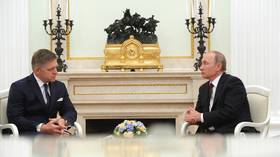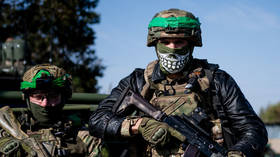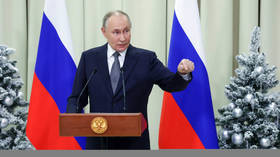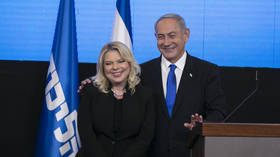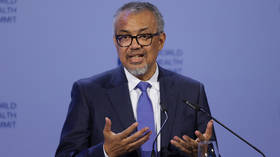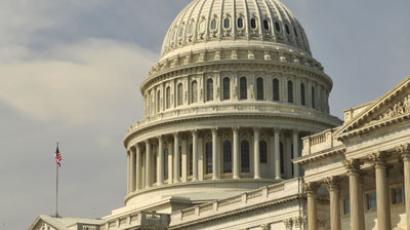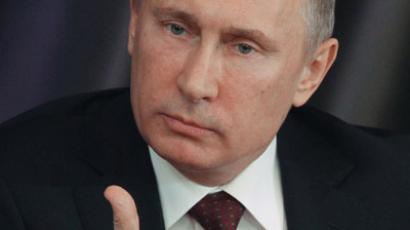Russia calls on US to end the ‘battle of the blacklists’
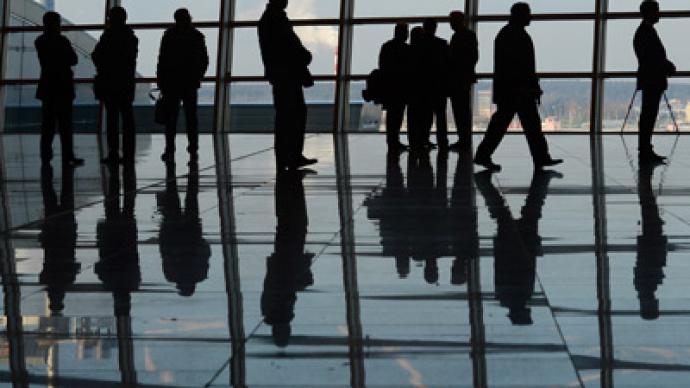
The Russian Deputy Foreign Minister has called on the US to end the tit-for-tat travel bans and sanctions being imposed by the two countries.
Sergey Ryabkov called the US officials who had backed the so-called Magnitsky Act ‘hotheads’ and added that Russia had never advocated such an approach in relations with the USA. Moscow stands for "the search for compromises and mutually advantageous solutions to problems, if there are any disputes in the countries' approaches towards such issues as human rights and trans-border consequences of economic activity," the diplomat was speaking at the Upper House International Affairs' Committee meeting dedicated to Russia’s retaliation to the approval of the Magnitsky Act. Russia is alarmed by the way the situation is currently developing.“Despite the calls we are making to the Americans, the idea of sanctions and some blacklists continues to be inflated,” the official told the meeting. He added that “all that comes from the past,” and such games will not be useful for Moscow-Washington ties. Both sides are playing on nerves, but “we have strong nerves,” emphasized the top diplomat. Russia’s response to the Magnitsky Act, dubbed the Dima Yakovlev Law has already been approved by the Russian lower house, the State Duma. Moscow has repeatedly slammed the US law as an attempt to interfere in the internal affairs of a sovereign country and to influence justice. The Russian bill was named after Dima Yakovlev, a two-year old Russian boy who died after his adoptive American father left him locked in a car on a hot day. Similar to the US law, it imposes travel restrictions and an asset freeze on US citizens allegedly involved in violating the rights of Russians. However, the Russian retaliation also forbids US citizens adopting Russian orphans and stops the activities of US-sponsored or manned NGOs in Russia. Russian activists, reporters and even state officials have criticized the adoption ban since the day it was drafted. Many Russians believe it would kill the hope for better life for thousands of orphans. Adoption in Russia is not a common practice and children – especially those with health problems – have little chance to get a proper home and family.Advocates of the bill say it is aimed not at adoptions as such, but against the selective US justice that tends to give soft sentences to those convicted of cruel treatment or even manslaughter of Russian kids.A petition was posted on the White House website calling to include in the Magnitsky list Russian MPs who “jeopardized the lives of Russian orphans” and supported the adoption bill. In about three days, it gathered over 50,000 signatures, more than the 25,000 required for the document to be considered by the American Administration. Another petition urges US President Obama to impose sanctions on his Russian counterpart Vladimir Putin if he signs the bill into the law. So far, it was signed by over 9,000 people, the majority of whom have Russian names. On Monday, the Russian Upper House International Affairs' Committee recommended that Federation Council approves the Dima Yakovlev bill – but with some amendments. The discussion of the law is scheduled for December 26.To finally pass into law, the document will also have to be signed by President Putin.


